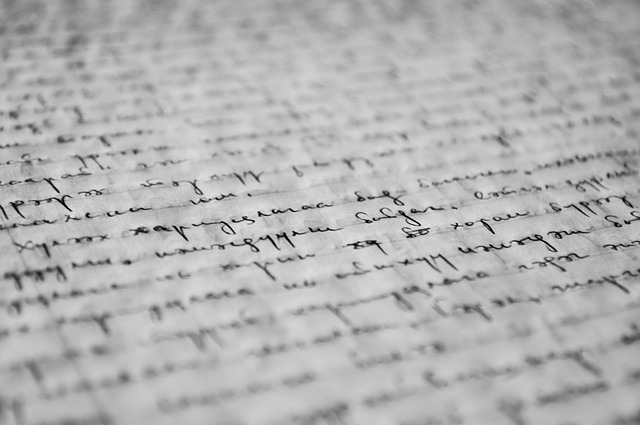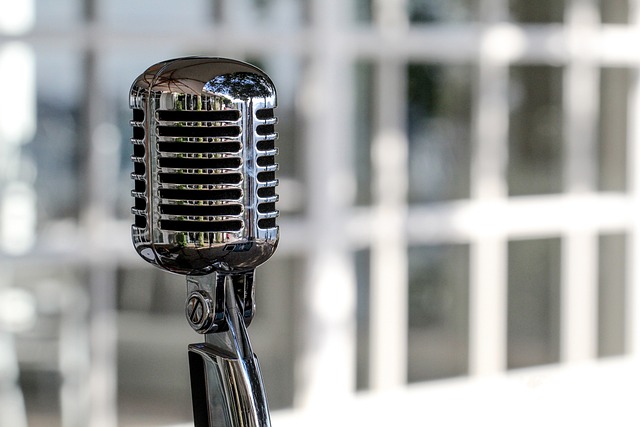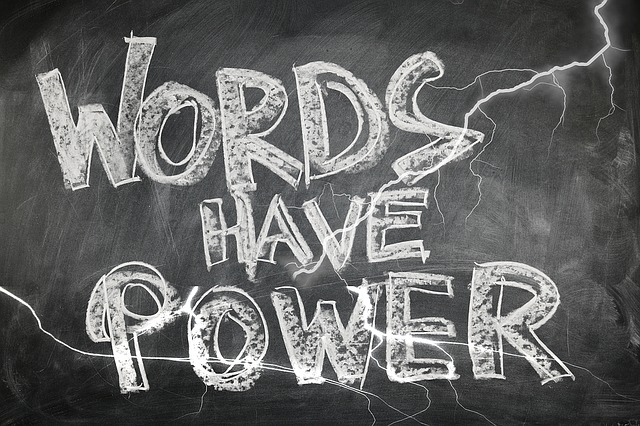NEW PODCAST: All About Writing with Bennett R Coles & Sara Dahmen
Cascadia’s Founder Bennett R Coles is launching a new podcast with co-host and author extraordinaire Sara Dahmen about … well, the title says it all! Drawing on their combined experiences with writing, publishing, ghostwriting, and editing, these two literary gurus talk about the scope of the writing industry from the inside out: from self-publishing to…










